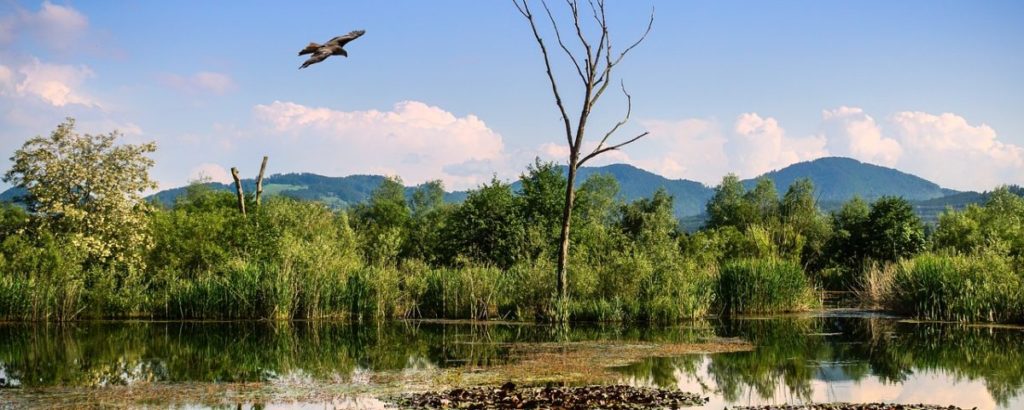
It is essential to remember that all this water is not pure. In other words, it is not drinking water. So now what remains are sources of pure and clean drinking water not part of the salty oceans. We are talking about inland sources of freshwater. All sources of water are part of a natural cycle. Let’s read more on it.
The natural cycle is also known as the hydrological cycle, which is a systematic pattern. Here, water moves in and out of the Earth’s atmosphere in a perfect rhythm. The process in the entire water cycle involves various stages, like
1 – Evaporation
2 – Condensation
2 – Precipitation
4 – Infiltrations
5 – Evapotranspiration
All the above functions are stages in the path where water flows as it moves around the Earth in solid (ice), liquid, and gaseous (vapor) state.
How do you know if the quality of water is good or not? Pure water is a rare commodity found in nature, as water by its nature, tends to dissolve all the foreign particles in its fold. The water that you swimming and fishing may not be suitable enough for cooking and drinking purposes. So, one cannot estimate by appearance alone.
Polluted water can contain particles from many sources. Though most of the pollutants emerge from two kinds of sources – point and dispersed
1 – Point source
A point source can be any pipe or channels that are in use for the discharge of industrial waste or a city sewage system
It is essential to note that the point source of water pollution is easy to control as compared to a dispersed source of pollution. In the case of the point source of pollution, the contaminated water collects and passes from a single point. It is easy to treat dirty water at this source or end.
2 – Dispersed source
As the name may suggest, a dispersed source has no particular point of emergence. The pollutants can come in from a vast and unregulated area. The distributed source can be any point, agriculture, or something else.
1 – Domestic sewage that includes disease-causing pathogens
2 – Industrial waste that contains toxins and carcinogens
3 – Thermal or heat pollution
4 – Sedimentary deposits
5 – Oil spills
India is a country with a population of around 1.2 billion people. Nearly 80 percent of India’s water is polluted as people dump waste, silt, and garbage into the water bodies. It has led to the contamination of water and rendered it unsafe for drinking and cooking purposes.
One has to think of ways and means to reverse this damage by providing safe and effective means of supplying pure and clean drinking water everywhere.
It is essential to invent a new method in purifying the water cycle affected by pollution. One such invention is the atmospheric water purifier by Airowater. Depletion of pure and safe drinking water resources is a global concern. Airowater has come up with a unique mechanism – Atmospheric Water Generators. It is a patented technology that leverages humidity in the air to obtain pure and safe drinking water.
To conclude
Pollution has harmed the natural water cycle to a great extent. The resulting water shortage is a source of concern for all of us. It is true that we cannot open up natural sources of drinking water to meet the rapidly growing demand for the same. But forward-looking companies like Airowater have come to the fore with innovative solutions like their atmospheric water generators. Their creativity will definitely help meet the shortfall in demand for pure drinking water.